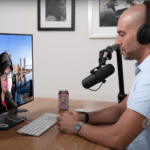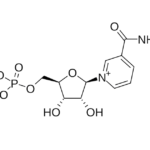
Psilocybin for depression?
The psychedelic drug goes head-to-head with Lexapro in a recent trial

#161 – AMA #23: All Things Nicotine: deep dive into its cognitive and physical benefits, risks, and mechanisms of action
“It’s so fascinating to me frankly that one molecule found in nature can be so potent. It’s hard to imagine you could engineer a drug to do this.” —Peter Attia

Promise and challenges for psilocybin and MDMA use in treatment
What lies ahead before FDA approval

#150 – Senator Bill Frist, M.D.: A modern Renaissance man’s journey through science, politics, and business
“Public health has been the stepchild of health and welfare and healing. That is inverted now, and people appreciate it, but are we going to actually deliver on it? Not just next year, and not just put more funding in it, but really do it over a period of time?” —Bill Frist

#132 – AMA #16: Exploring hot and cold therapy
“All of the work that went into this analysis earlier in the year, it really changed my tune. And I think I’m now at the point where I kind of want to have a sauna, frankly, in the tool kit for longevity.” — Peter Attia

#83 – Bill Harris, Ph.D.: Omega-3 fatty acids
“I don’t think [omega-6] is the evil that people think it is. The problem is that we need to get more EPA and DHA in our diet, not necessarily get all hung up on omega-6.” — Bill Harris





